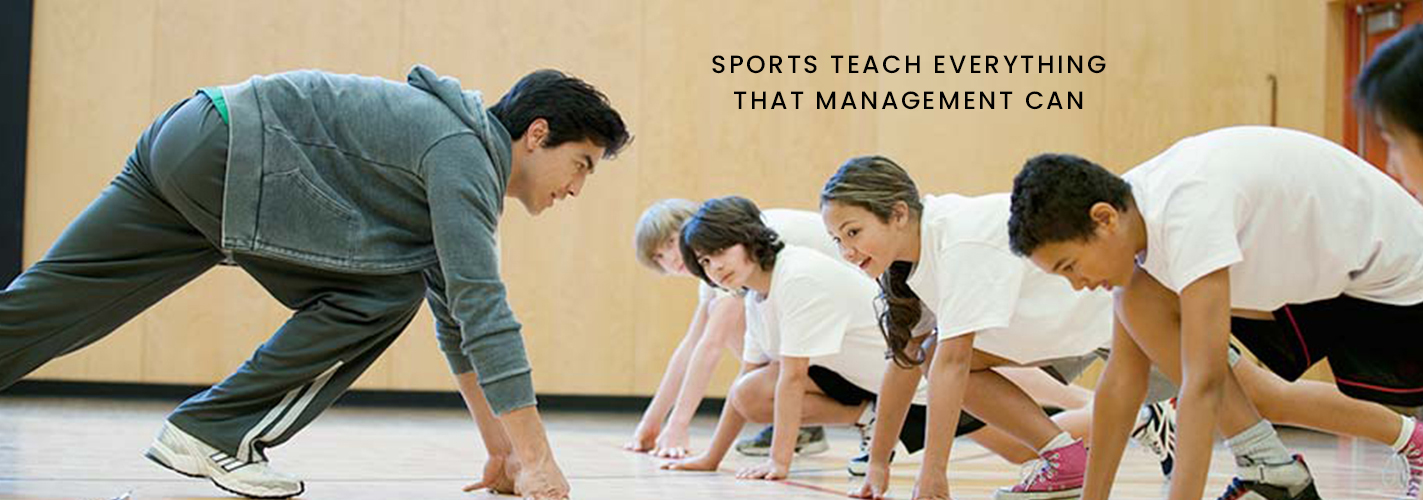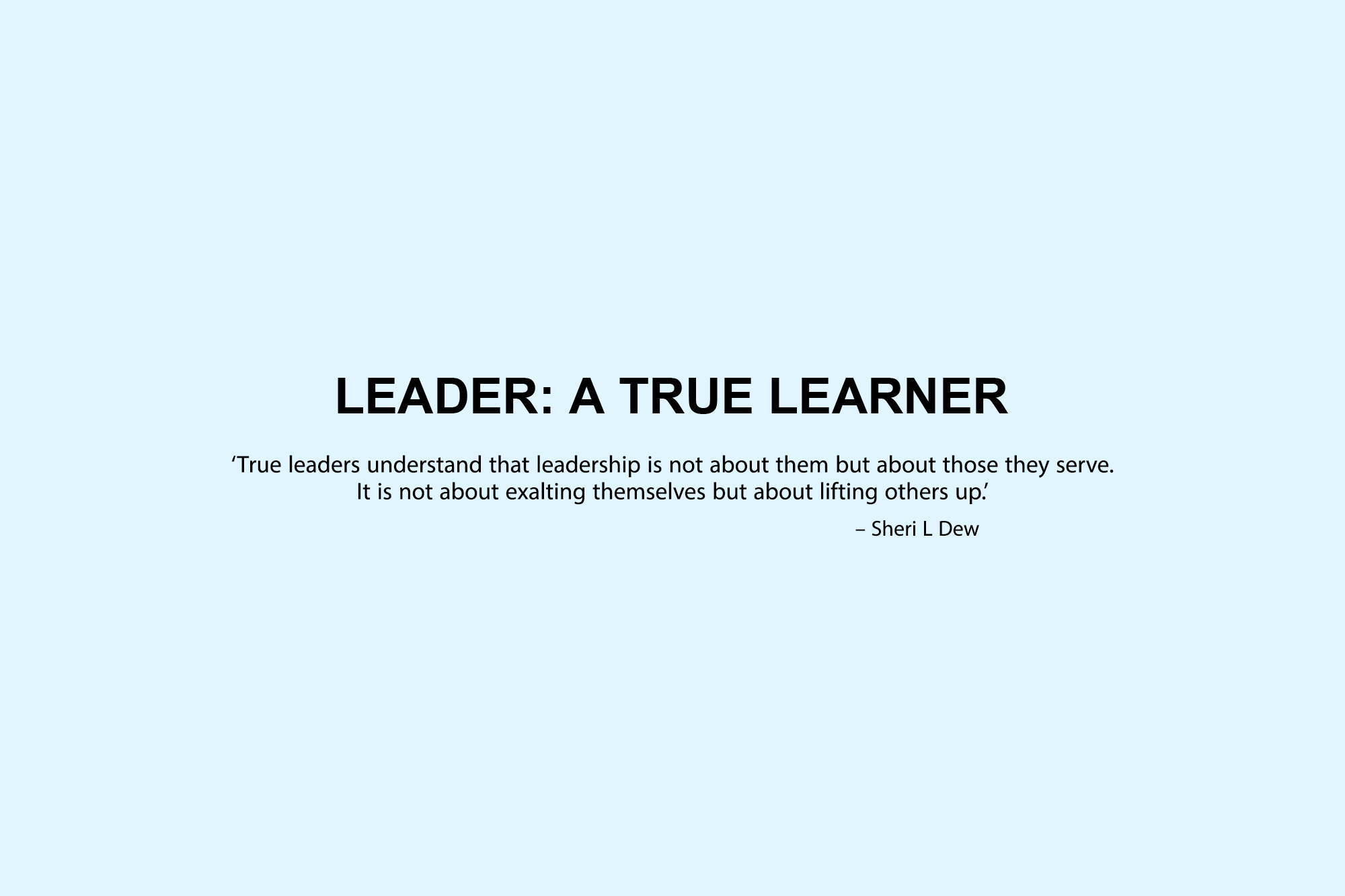Sports Teach Everything That Management Can
September 24, 2018

“You learn more from losing than winning. You learn how to keep going.” – Morgan Wootten.
It is not a hidden fact that sports encompass dynamics of a human life. There is nothing that sports cannot teach us about conducting our personal as well as professional life. According to me, here are some of the finest things one can learn from sports and apply to business management.
Lose some but win some. The playground could be anything, a conference room or a boxing ring. The synergy of losing and winning remains the same. There isn’t any sport that exists without the equal probability of winning and losing. While winning has its own ‘on top of the world’ feeling, losing is as indispensable in sports as it is in management. The passion to win drives better performance and gives fuel to the participants to walk that extra mile.
The losing part of any sport teaches that life could be surprisingly unfair, sometimes. Often, the team or the player who has moved mountains fails to reach the victory mark. Even in management, it is a ubiquitous sight. Passionate people burn the midnight oil in order to reach their targets but sometimes, inadvertent events take place which act as a hindrance. To lose is always disheartening but the sheer contentment of putting forth the best version of you is unparalleled.
Some people say that it is participation that counts. I believe it is competence that really matters. The setbacks could be both skin-thickening and devastating. The competency in an individual ensures the positive impact of setbacks. Sports demands the same competency as management does. I truly believe that winners are people who kept losing, until the day that they did not.
Sports is not anarchistic and so isn’t management. After a rough rugby match, players hug each other at the end which manifests that whatever happened in the game wasn’t personal; it was just a part of the game. Likewise in management, sometimes there are words exchanged but there is a dire need to restrict it to the professional front and not take it to heart. Sports such as boxing and rugby are the epitome of professionalism and can teach the aforementioned skill in management.
Small goals, big aim. Good management demands a broad spectrum of skills and qualities. A major part of it involves decision making and leadership skills. It is astonishing to see Rafael Nadal down to 0-2 making a comeback to win the set by 6-2. This is possible because good players don’t play the match; they play the points while keeping the larger aim in sight.
The game demands that kind of playing style. When a player loses a point in tennis, his/her immediate plan of action becomes winning the next one. Similarly, in management, people should know how to achieve smaller goals in order to reach the ultimate aim. Though, it is
imperative to keep the larger aim in mind while approaching the smaller goals.
Decide, Lead, and Pass. Sports teach when to take the baton and when to pass it to a fellow. In football, a player gets split seconds to decide whether to take a shot at the goal post or pass it to the other player. Similar situations arise in business scenarios wherein one needs to take important decisions in seconds and decide whether to pass on the responsibility to the team or not.
Seamless communication. The ways in which sports and management are connected are numerous. Both are incomplete without communication. In every game, in every business meeting or event, communication is a prerequisite. Sports teach us different ways of communication. For instance, in basketball, players use all kinds of hand gestures to signal their team mates and apprise them of the strategy without disclosing it to other team.
Take breaks and cutting the slack. Another skill that can be acquired through sports is that of taking strategic breaks. The strategic time-outs in sports are significant since taking a break helps plan out things further and provides required time for rejuvenation. Such breaks are not only important but also essential for people to function efficiently in a business setup. Getting away from the office seat for a few minutes can prove to be a worthy investment for better efficiency.
Considering the plethora of skills that sports teach people, it would be safe to say that sports is the ultimate training center for various life and business skills. From leadership skills to team building, communication to decision making, and time management to discipline, sports can be a one-stop solution with the guaranteed benefits of fun and fitness.






